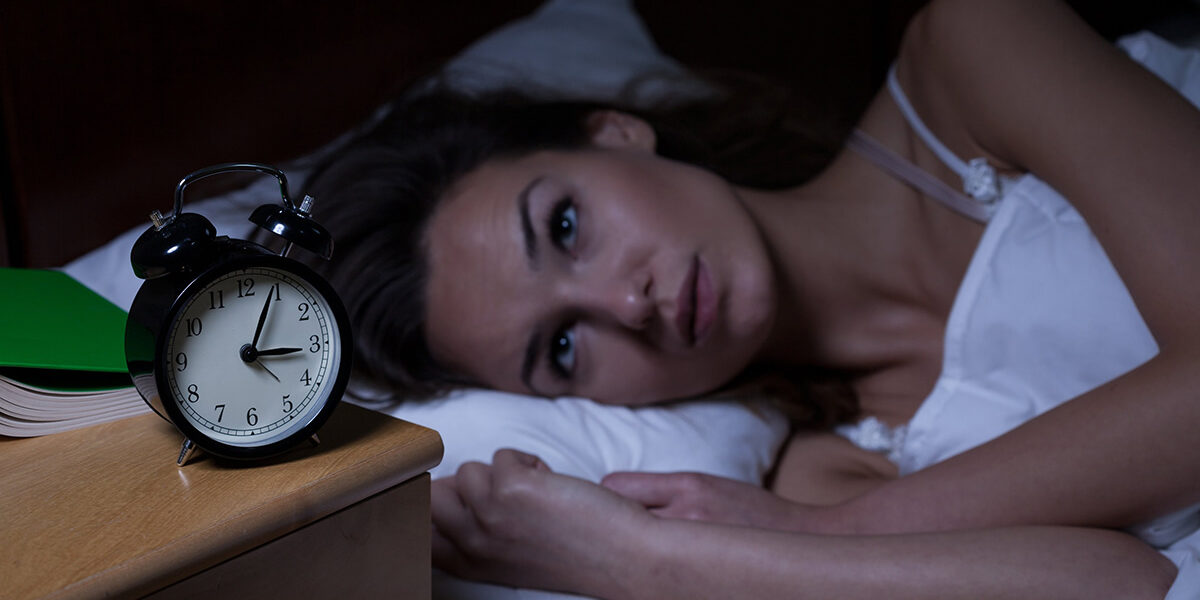If you’ve ever been awoken in the middle of the night by an excruciating leg cramp, you probably remember the pain as unbearable. Most leg pain that strikes while we’re asleep is a result of dehydration, a lack of calcium or potassium in the bloodstream, wear and tear, or overuse. But what if the aching in your legs isn’t due to muscle cramping at all? Believe it or not, varicose veins could be the reason for the nighttime leg pain that leaves you tossing and turning and desperate for relief.
Why do varicose veins make my legs ache?
While most people think of varicose veins as more of a cosmetic issue than a health problem, they can actually lead to a number of serious complications if left untreated. When veins become blocked or when the valves fail to work properly, blood will pool in the legs. Over time, the pressure can cause the veins to become enlarged. This often leads to aching in the legs, swelling, difficulty sleeping, and can even result in wounds, ulcers, and dangerous blood clots.
Though you may feel alone in your struggle to fall asleep at night, a chronic venous disease in the legs is actually very common. 50-55 percent of women and 40-45 percent of men have leg veins that don’t work properly. However, half of the women and men with venous insufficiency have varicose veins they can’t see. This means they may experience other symptoms of venous insufficiencies, such as nighttime pain and swelling in the legs, with no physical evidence to show for it.
How are varicose veins diagnosed?
In some people, varicose veins can be diagnosed with a physical exam. However, not all varicose veins are visible to the naked eye. In cases such as these, an ultrasound may be ordered to check your blood flow and look for any hidden blood clots or blockages that could be causing pain or swelling in your legs.
How can varicose veins be treated?
At San Diego Varicose Vein Treatment Center, we regularly use radiofrequency ablation to collapse damaged veins and redirect blood flow to healthier ones. But now, patients have an alternative to radiofrequency ablation with a new treatment that permanently banishes varicose veins in less than 30 minutes.
VenaSeal uses a tiny amount of cyanoacrylate glue, a type of adhesive safe for use in the body, to close the inner wall of a diseased vein. The cyanoacrylate glue is inserted into the vein via a thin catheter tube, which seals the vein shut and directs blood flow elsewhere. The cyanoacrylate glue eventually kills the vein, which is absorbed by the body over time. The entire treatment involves just one injection of local anesthetic, and there’s virtually no downtime. This makes cyanoacrylate glue a fantastic, non-invasive varicose vein treatment for patients who are hesitant to go under the knife.
Put an end to your aching legs and sleepless nights
Pain is the body’s way of telling us something is wrong. If you suspect varicose veins may be the reason for your aching legs and sleepless nights, call us. At San Diego Varicose Vein Treatment Center, we have the ultrasound technology required to pinpoint swollen, painful veins and the latest treatment options to get rid of them for good.
To find out if you’re an ideal candidate for radiofrequency ablation or cyanoacrylate glue as a permanent treatment for varicose veins, we invite you to schedule a consultation. A better night’s rest is just a phone call away.






